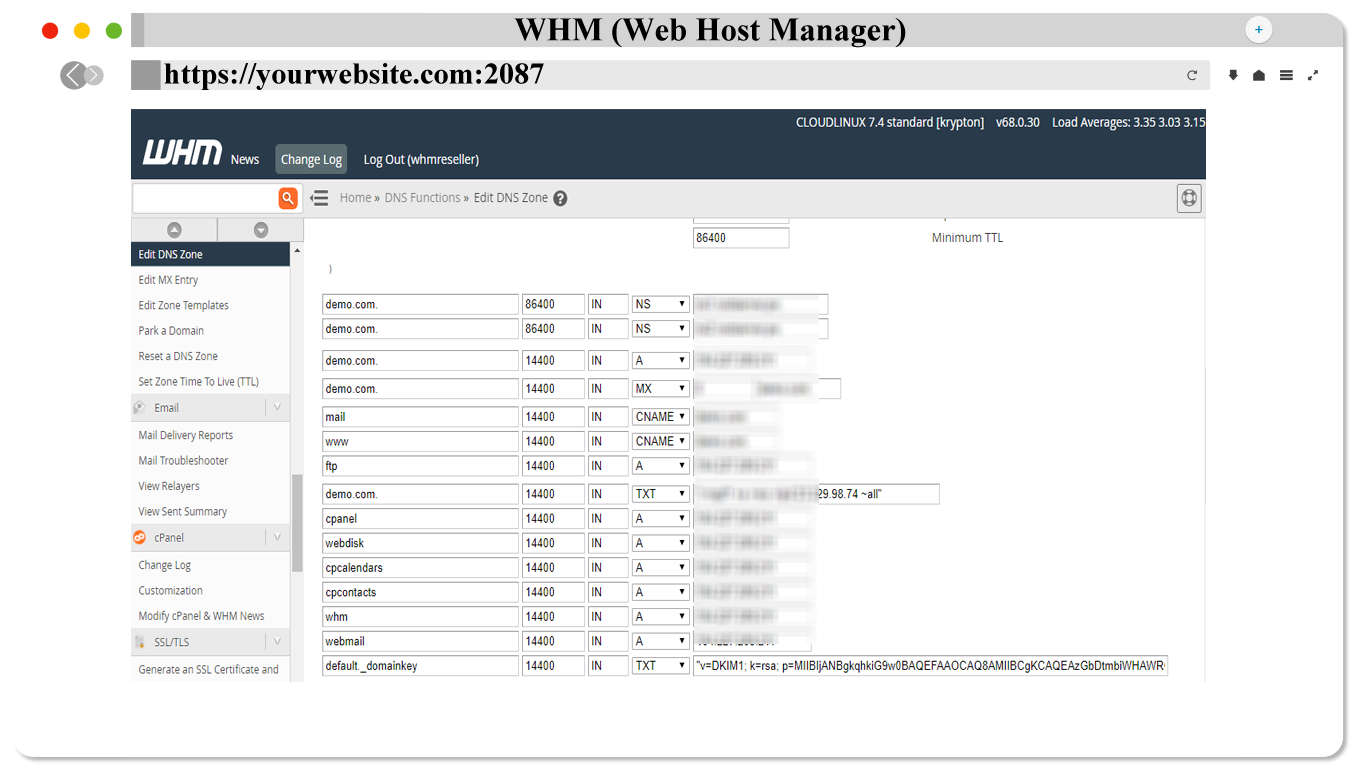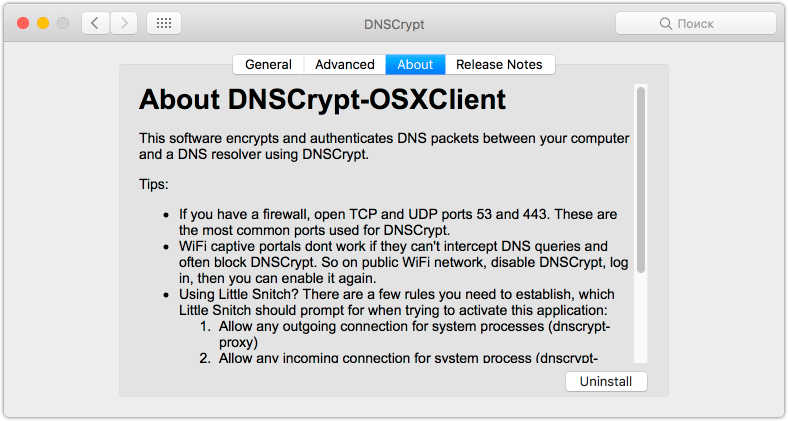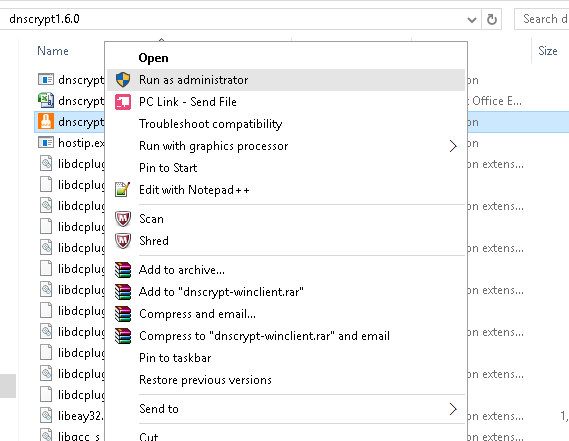

Scroll down to Network Settings and click the Settings… button.Click OK to save your changes and close the box.Off: Deselect the Enable DNS over HTTPS checkbox.Select a provider or set up a custom provider ( see below). On: Select the Enable DNS over HTTPS checkbox.In the dialog box that opens, scroll down to Enable DNS over HTTPS.In the General panel, scroll down to Network Settings and click the Settings… button.Click the menu button and select Settings. In the Menu bar at the top of the screen, click Firefox and select Preferences.You can enable or disable DoH in your Firefox connection settings:

Manually enabling and disabling DNS-over-HTTPS These tests will run every time the device connects to a different network. If any of these tests determine that DoH might interfere with the function, DoH will not be enabled.
Is the device managed by an organization that might have a special DNS configuration?. Is the default DNS server filtering potentially malicious content?. In addition, Firefox will check for certain functions that might be affected if DoH is enabled, including: If you’re an existing Firefox user in a locale where we’ve rolled out DoH by default, you’ll receive a notification in Firefox if and when DoH is first enabled, allowing you to choose not to use DoH and instead continue using your default OS DNS resolver. For example, if the domain name lookups that are using DoH fail for some reason, Firefox will fall back and use the default DNS configured by the operating system (OS) instead of displaying an error. As we do so, DoH is enabled for users in “fallback” mode. We are currently working toward rolling out DoH in more countries. We began our rollout by default to Russia and Ukraine Firefox desktop users in March 2022. We completed our rollout of DoH by default to all United States Firefox desktop users in 2019 and to all Canadian Firefox desktop users in 2021. DoH could be slower than traditional DNS queries, but in testing, we found that the impact is minimal and in many cases DoH is faster. To mitigate this risk, our partners are contractually bound to adhere to this policy. Mozilla has a strong Trusted Recursive Resolver (TRR) policy in place that forbids our partners from collecting personal identifying information. When DoH is enabled, Firefox by default directs DoH queries to DNS servers that are operated by a trusted partner, which has the ability to see users' queries. When enabling DoH by default for users, Firefox allows users (via settings) and organizations (via enterprise policies and a canary domain lookup) to disable DoH when it interferes with a preferred policy. When enabled, DoH bypasses your local DNS resolver and defeats these special policies. Some individuals and organizations rely on DNS to block malware, enable parental controls, or filter your browser’s access to websites. 
DoH, when enabled, ensures that your ISP cannot collect and sell personal information related to your browsing behavior. This prevents third-parties from seeing what websites you are trying to access.ĭoH improves privacy by hiding domain name lookups from someone lurking on public Wi-Fi, your ISP, or anyone else on your local network. It sends the domain name you typed to a DoH-compatible DNS server using an encrypted HTTPS connection instead of a plain text one. This connection is not encrypted, making it easy for third-parties to see what website you’re about to access.ĭNS-over-HTTPS (DoH) works differently. Traditionally, this request is sent to servers over a plain text connection. When you type a web address or domain name into your address bar (example: your browser sends a request over the Internet to look up the IP address for that website. Firefox DNS-over-HTTPS About DNS-over-HTTPS







 0 kommentar(er)
0 kommentar(er)
